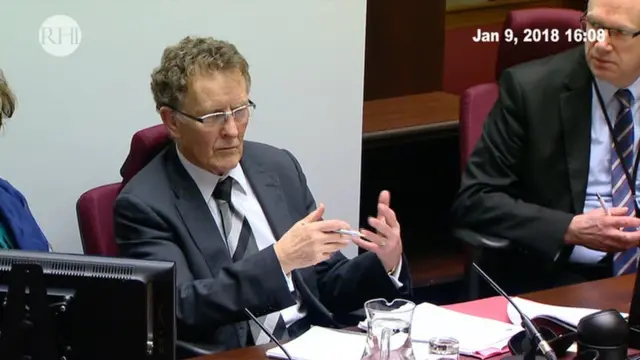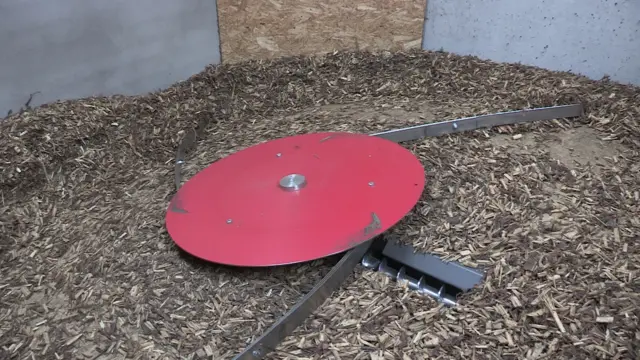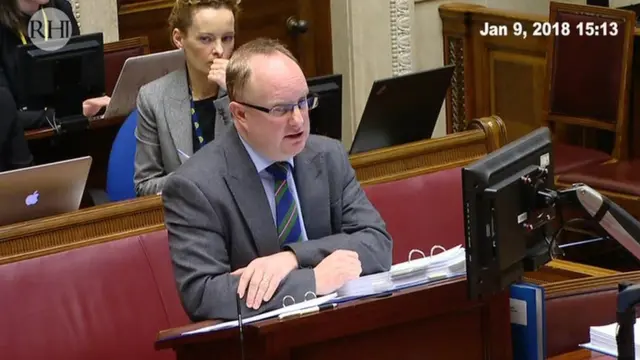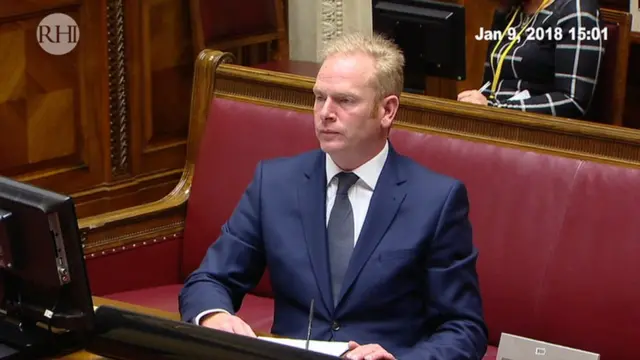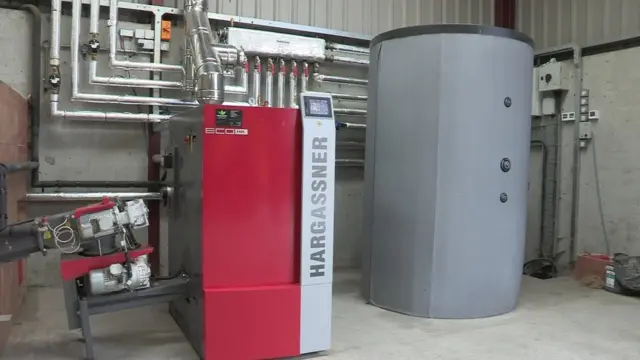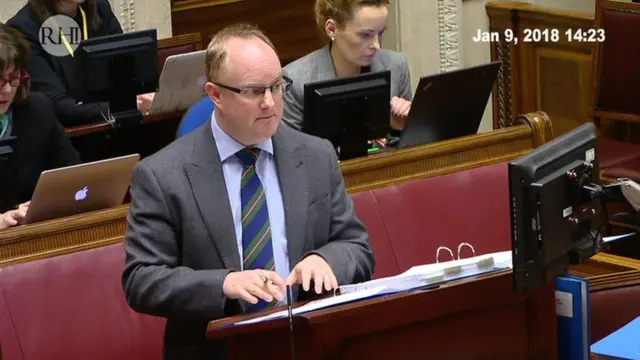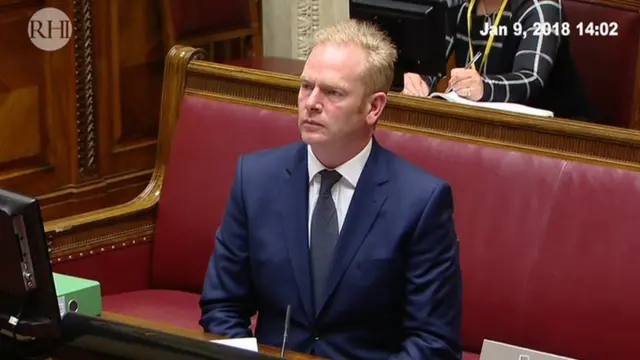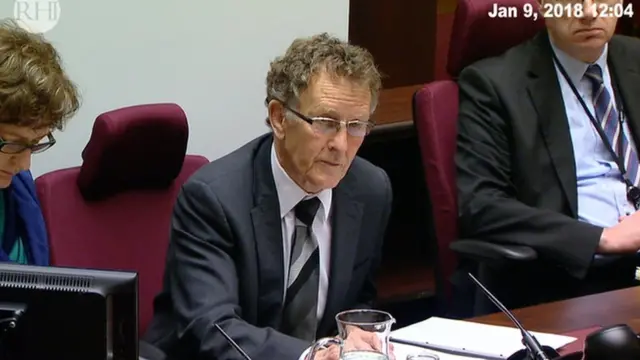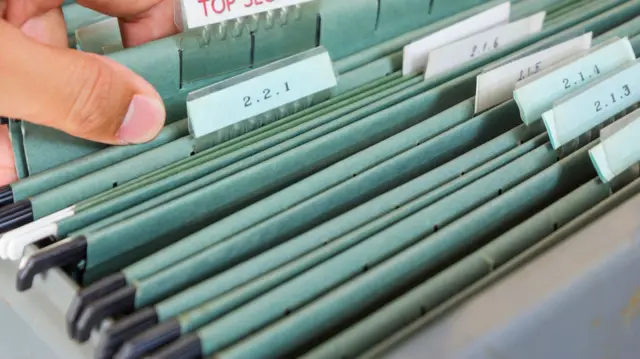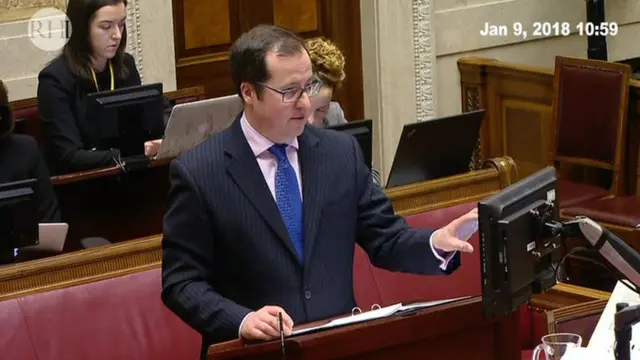That's all for now...published at 17:38 GMT 9 January 2018
With a bit of extra time allowed this evening to bring Mr Bissett's evidence to an end, he won't have to make a return trip to the Senate chamber.
 Image source, Getty Images
Image source, Getty ImagesWe'll be back at 09:45 tomorrow for the inquiry's first rendezvous with a politician.
The SDLP's Patsy McGlone chaired the Northern Ireland Assembly's Enterprise Committee when the RHI scheme was in its infancy, so be sure to join us for what should be an interesting session as he gives his evidence.
Goodnight!



